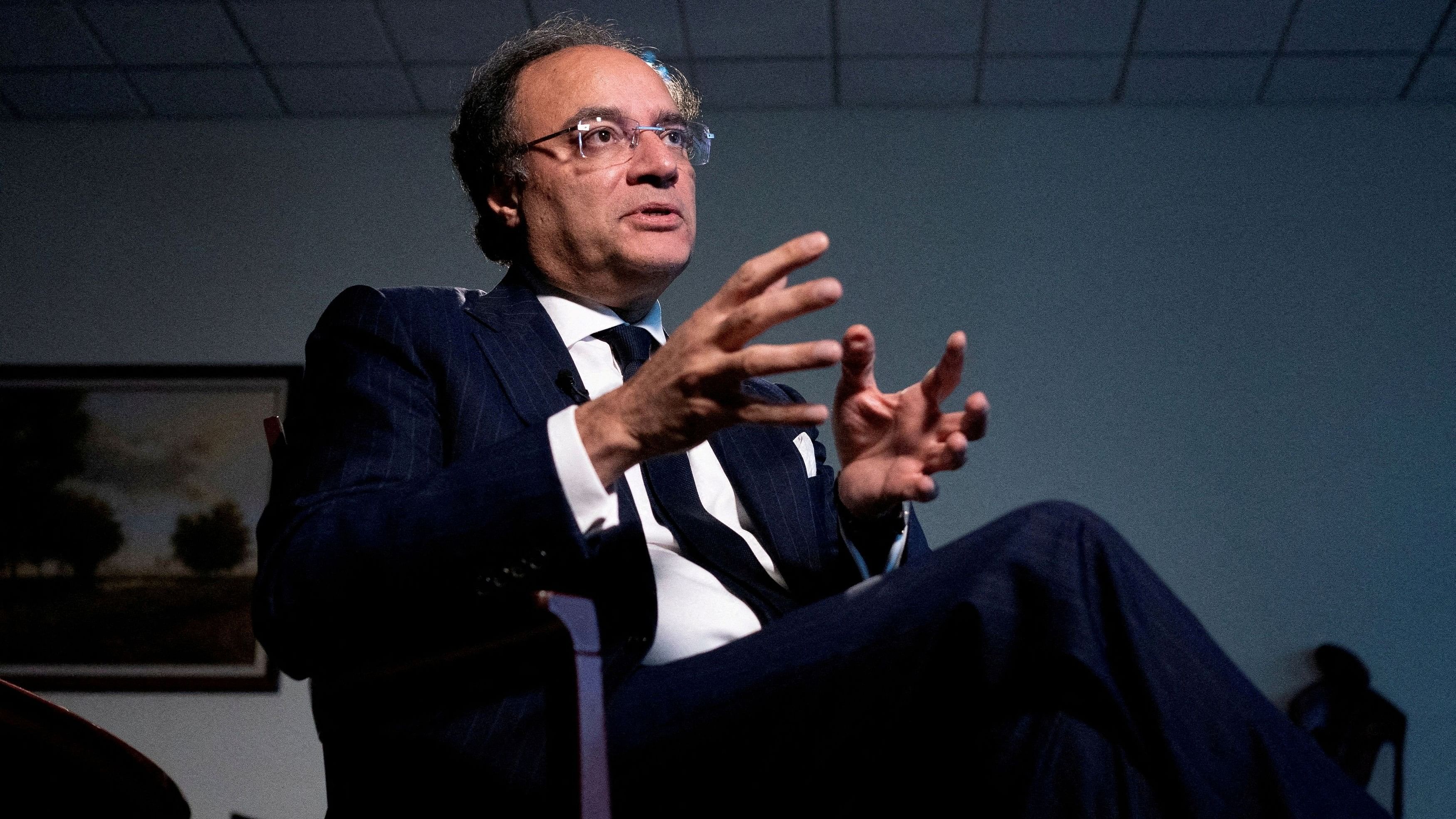
Pakistan Finance Minister Muhammad Aurangzeb
Reuters
Islamabad: Pakistan’s Finance Minister Muhammad Aurangzeb on Saturday said the $7 billion (Rs 58.5 thousand crore approx) aid package deal struck with the IMF would help bring macroeconomic stability to the cash-strapped country.
The International Monetary Fund (IMF) announced the aid package, spread over more than three years, late on Friday night, giving much-needed respite to the nation that has been facing chronic economic issues.
The programme needs to be approved by the IMF’s Executive Board. The Washington-based international lender in a statement said the deal should enable Pakistan to “cement macroeconomic stability and create conditions for stronger, more inclusive and resilient growth”.
The latest bailout package follows a commitment by the government to implement reforms, including a major effort to broaden the country’s tax base, the Dawn newspaper reported on Saturday.
Aurangzeb said it would aid Pakistan in achieving macroeconomic stability.
“We need to ensure structural reforms and bring self-sustainability in areas of public finance, energy and state-owned institutions,” the finance minister was quoted by Geo News.
Pakistan’s economy has faced multiple challenges in the past few years, from the Covid-19 pandemic, the effects of the war in Ukraine and supply difficulties that fuelled inflation, as well as the devastating flooding that affected a third of the country in 2022, the Dawn said.
Pakistan found itself in a debt crisis with its foreign currency reserves dwindling and was forced to turn to the international lender obtaining its first emergency loan in 2023.
The IMF's statement said, “Building on the economic stability achieved under the 2023 Stand-by Arrangement (SBA), IMF staff and the Pakistani authorities have reached a staff-level agreement on a 37-month Extended Fund Facility Arrangement (EFF) of about USD 7 billion.”
The Washington-based lender further said the new programme aims to support the authorities’ efforts to cement macroeconomic stability and create conditions for stronger, more inclusive, and resilient growth in the cash-strapped country.
The IMF also stated that continued strong financial support from Pakistan’s development and bilateral partners would be critical for the programme to achieve its objectives.